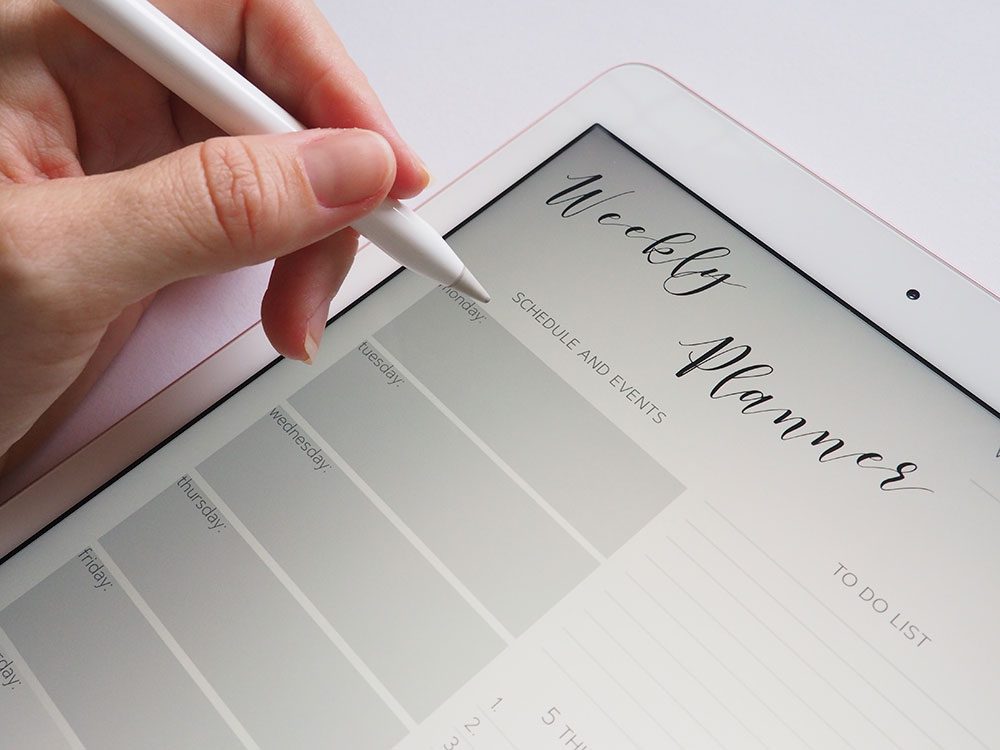



Studying requires time and practice. Don’t you have that one friend who is always doing well in class? Some might even boast that they don’t have to study hard to get good grades. However, the majority of students require time to study. It takes time and practice to fully comprehend and remember concepts, definitions, formulae, theory, and the list goes on.
Do you recall telling yourself, “There’s still a lot of time, I’ll study later…”. Don’t worry! This is completely normal. By nature, studying can be a rather gruelling process for many of us. Follow these simple tips to figure out ways to make your study sessions effective:
1. Plan Ahead

Studying is usually seen as a chore for most students. Students tend to procrastinate and postpone studying if don’t they include it in their daily activities. Planning ahead and getting started in advance is the best way to work towards excelling in your studies. Consider setting aside a few hours a week to complete your schoolwork and study.
2. Reward Yourself

Don’t just study hard! It’s equally important to reward yourself for following a study schedule. Reward yourself by planning an outing with your close friends, going for a jog at the nearby park, spending an hour reading your favorite book, or even something as simple as catching up on your latest Netflix episode. Rewarding yourself after studying hard reinforces the habit of studying. You’ll get brownie points for good time management as well!
3. Conducive Study Area

Do you often find yourself getting distracted when you study? One possible reason could be – the area you’re studying at isn’t quite conducive. It’s definitely a plus to have a quiet study area. A quiet environment allows you to focus on your studies and get rid of unnecessary distractions. If you are having trouble finding a quiet place to study at home, try visiting the libraries, nearby parks or visit our MENDAKI Homework Cafés.
4. Neat and Organized Study Desk

It is just as important to keep the area around your desk neat and tidy. A clean and organized study desk makes studying less stressful and more enjoyable. Also, you will have sufficient space to put your textbooks, stationary, study notes and snacks.
5. Hydrate

Studying takes up a lot of energy – mentally and physically. Remember to take a glass of water periodically. Although many people don’t make it a priority, it is important to stay well-hydrated. If you don’t already have a bottle of water on your study desk, use your study breaks to get up, stretch, and quench your thirst.
6. Get Sufficient Rest

Have you heard that ‘8’ is the magic number? Young adults are recommended to get approximately 8 hours of sleep every night. Research has established that sleep deprivation causes difficulty in understanding material taught in class and susceptibility to false memories (which isn’t the best condition to be in during your exams). So, the next time you’re having thoughts of staying up until midnight to study for an exam, remember that an extra hour of sleep could do you wonders!
7. Test Yourself

For our last tip, you might have constantly heard it from your teachers and lecturers. Test yourself after you have studied for a subject. This is one of the oldest strategies, but certainly not one you should overlook. This invaluable method gets your study materials glued to your memory. Let’s face it, this may not be the most thrilling way of studying; but it is by far one of the most effective methods of studying.
We hope these tips will be put to good use to help build a strong foundation that encourages and promotes effective studying habits. Try to incorporate these tips into your daily schedule and monitor your progress in school. Good luck studying!